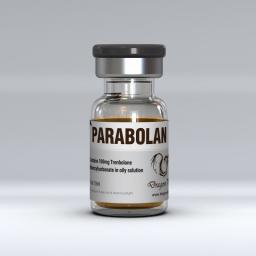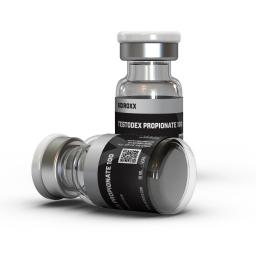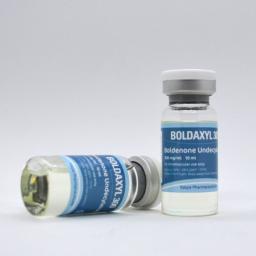Gathering information, thinking about options and knowing what it is you value, will help you make decisions that are appropriate for you. When is comes to issues about your health and wellbeing, talking with your health practitioner can assist you in making an informed decision.
Choosing a health practitioner
Developing a partnership with your health practitioner will depend on a level of trust that insists on:
- Mutual respect
- Clear communication
- Shared responsibility
While it may take time and effort to establish this partnership, in the end it will be in your best interests to choose carefully. When choosing a health practitioner you might take into account:
- Their expertise
- How accessible they are (e.g. location, appointment times and fees)
- Their ability to listen, empathise and communicate skilfully
- Their willingness to involve you in the decision making process around your healthcare
Why evidence matters
Information about health can be obtained from a variety of sources: family, friends, the media and health care professionals. With the advent of the World Wide Web, information is available more readily, making it increasingly hard to judge competing claims. The task is even harder when health claims are made with the underlying purpose of promoting a particular product.
To greatly assist in comparing treatment options and deciding what is right for you, ask yourself a series of questions:
- What could happen if I did nothing at all?
- What treatment or intervention choices are available to me?
- What are the possible risks and benefits of the different choices?
- How do the benefits and risks weigh up for me?
- Have I now gathered enough information to make my decision
You need to assess the choices available to you based on best evidence from clinical trials against:
- The resources available to you (such as access to services and cost)
- Your own personal values (does a particular treatment fit with my lifestyle and how I choose to take care of myself?)
Interpreting clinical trials
It is more difficult than you would expect to prove that a particular treatment prevented something from happening or relieved a particular condition. The results from using a particular treatment should be better than no treatment at all or using something that is already known to be helpful. Remember there are all kinds of reasons why people recover or do not get sick (such as spontaneous remission and ‘strong’ genes).
To filter out effects NOT related to the treatment itself, high quality scientific studies known as Randomised Controlled Trials (RCT) must have a similar group (control group) that did not receive the treatment but are similar in most other respects (anecdotal evidence can be persuasive but not conclusive). The riskier or more powerful the treatment being considered, the more important it becomes to understand the results of scientific studies. Understanding scientific studies can then help you balance the risks and the benefits of a particular healthcare decision.
A good example of an RCT is the Women’s Health Initiative study in the US. (For more information about this study see Women’s Health Initiative).
Using the tools provided here, along with trusted sources of information, can help you make decisions that are right for you.
Best Steroid Products for Sale
Parabolan 100
|
Testo-P 200 (2ml)
|
Boldaxyl 300
|


